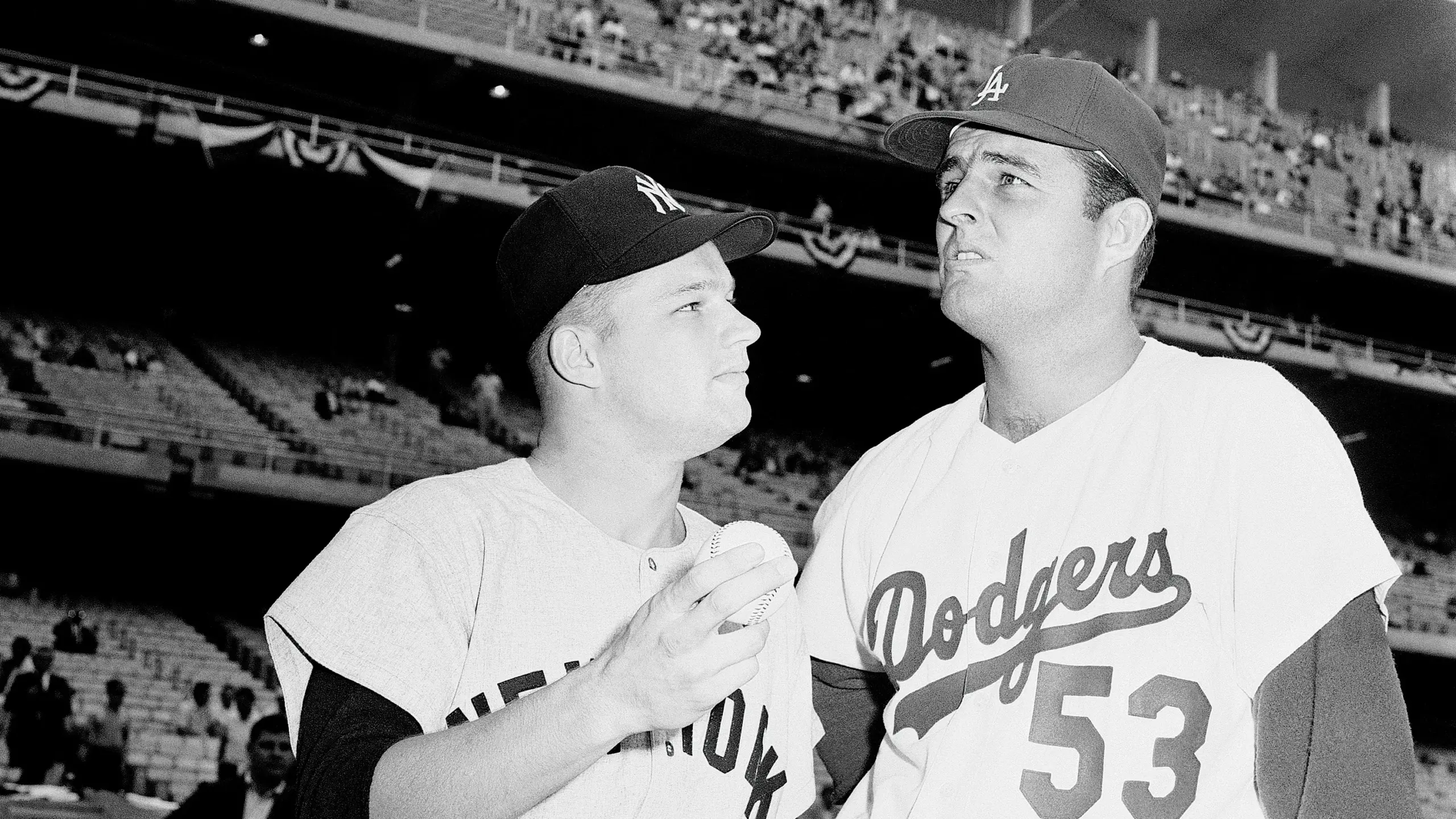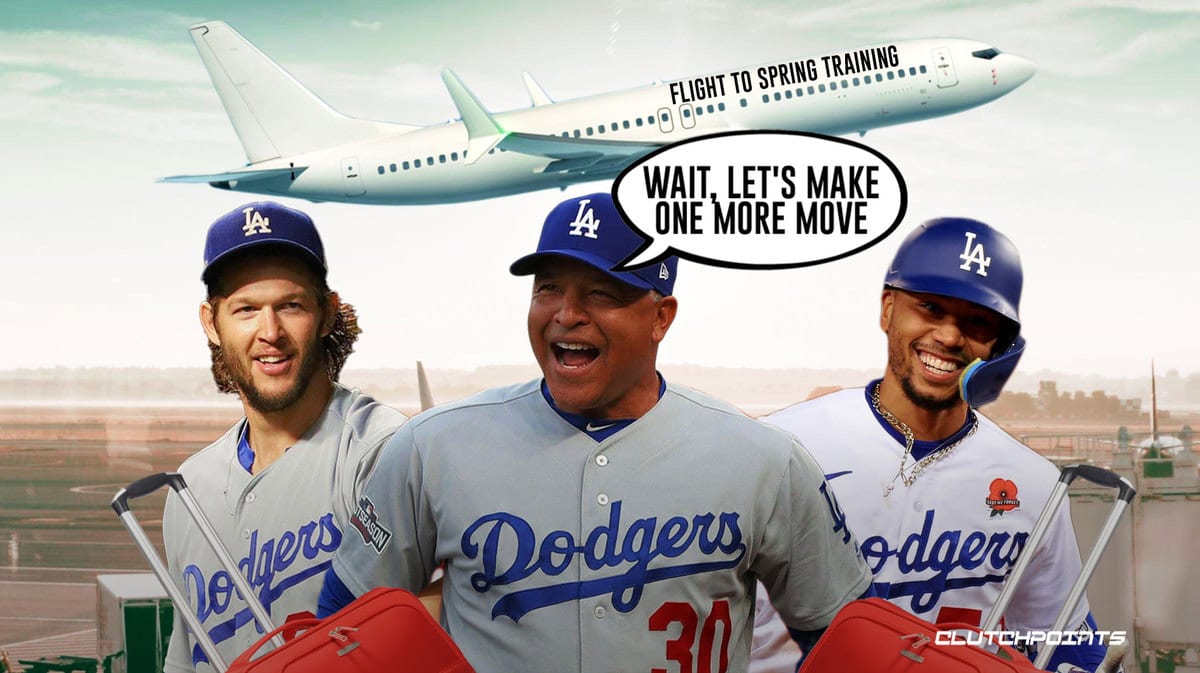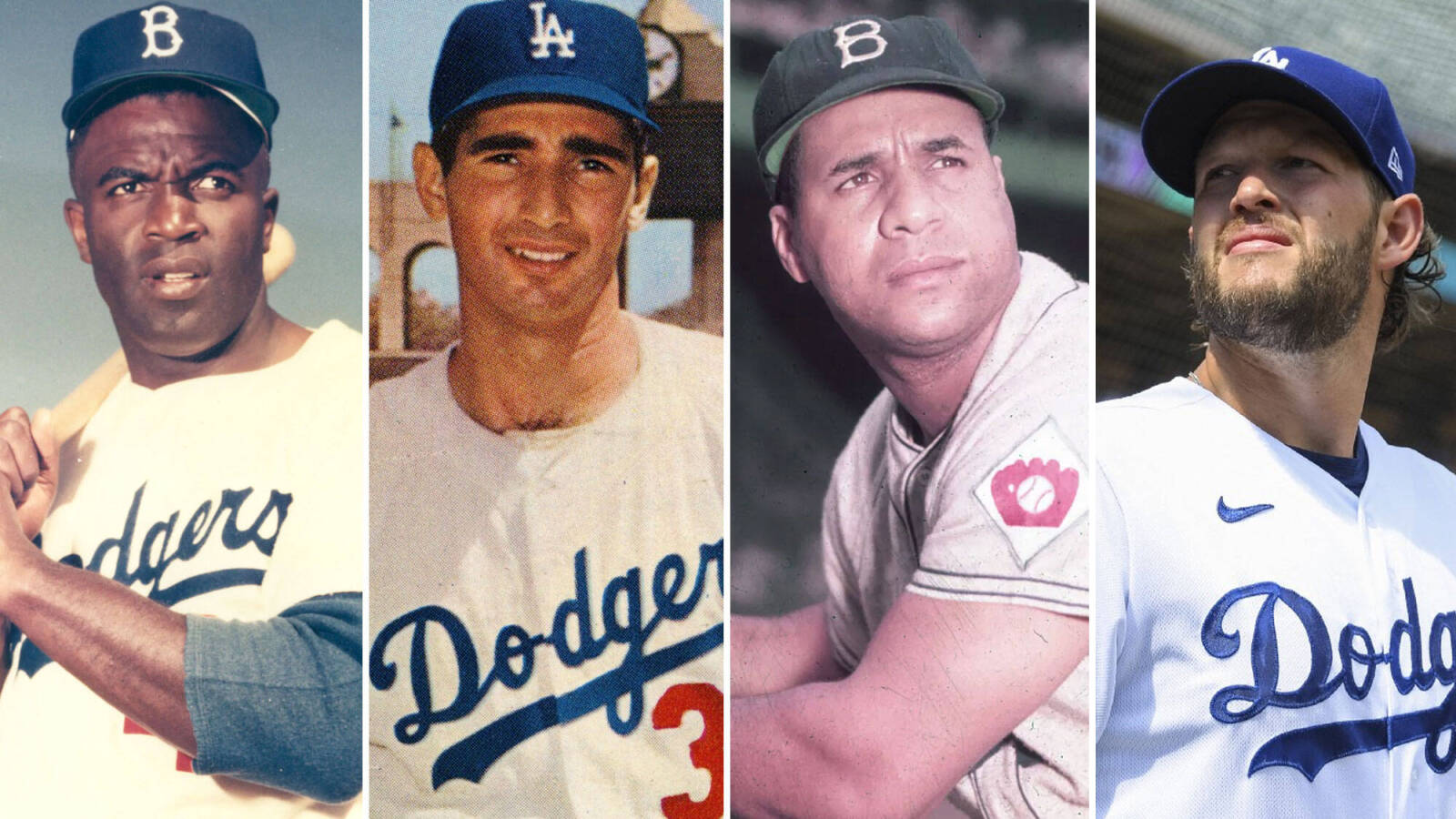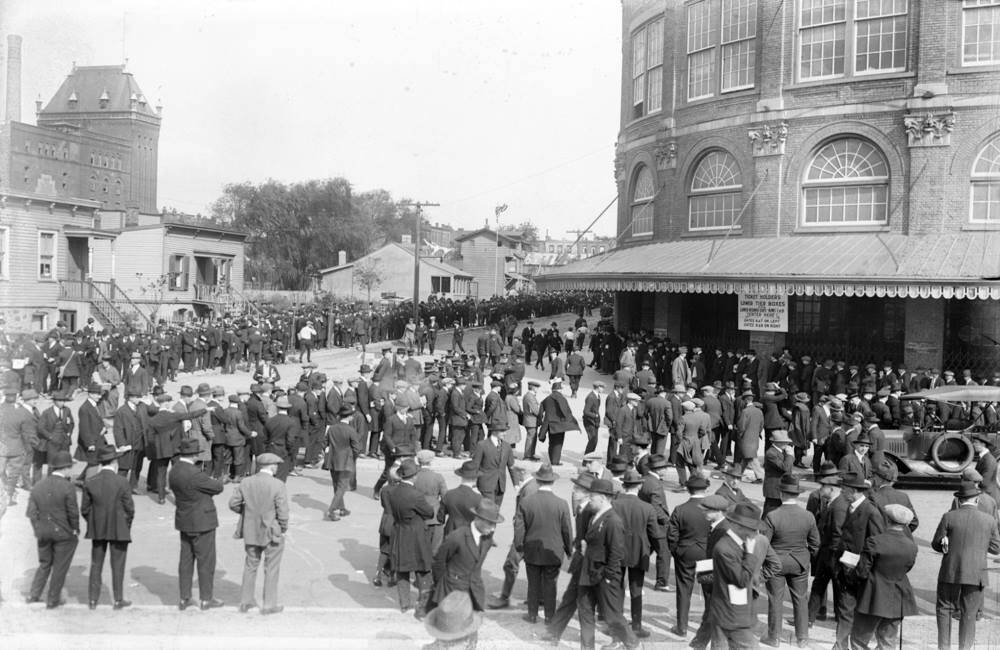SPORT & LIFESTYLE NEWS
Why Did the Dodgers Move to Los Angeles? Exploring the History Behind the Relocation
The relocation of the Dodgers baseball team from Brooklyn to Los Angeles remains a significant event in sports history. Delving into the reasons behind this move unveils a captivating narrative of ambition, opportunity, and the changing landscape of American sports. Why Did the Dodgers Move to Los Angeles is of interest to many people. Let’s AlibayTrendy Store sheds light on the complexities that shaped this momentous decision and its far-reaching implications.
The Brooklyn Era
The Dodgers’ roots in Brooklyn ran deep, symbolizing more than just a baseball team but a cultural emblem of the borough itself. Nestled within the bustling streets of New York City, Ebbets Field stood as a beacon of hope and camaraderie for Brooklynites. Generations of families bonded over hot dogs and peanuts while cheering on their beloved team, creating cherished memories that echoed through the borough’s streets.

The crack of the bat and the roar of the crowd reverberated through the neighborhood, uniting people from all walks of life under the banner of Dodger blue. Ebbets Field wasn’t merely a stadium; it was a sacred space where dreams were born and heroes were made. The Dodgers weren’t just players; they were community pillars, embodying the resilience and spirit of Brooklyn.
Why Did the Dodgers Move to Los Angeles?
Despite the deep-seated affection for the team, the Brooklyn Dodgers faced mounting challenges as the mid-20th century unfolded. Economic realities began to cast a shadow over the once vibrant baseball scene. Declining attendance figures mirrored the changing landscape of post-war America, where suburbanization and shifting demographics altered the fabric of urban life.

Moreover, Ebbets Field, while steeped in history, struggled to keep pace with the modern demands of professional sports. Its cramped confines and outdated facilities paled in comparison to the gleaming stadiums emerging in other cities. As the Dodgers grappled with these challenges, the allure of greener pastures became increasingly enticing. The team found itself at a crossroads, torn between honoring its storied past in Brooklyn and embracing the promise of a brighter future elsewhere.
Walter O’Malley’s Vision
At the helm of the Dodgers during this pivotal moment was Walter O’Malley, a shrewd and forward-thinking owner whose vision transcended the confines of Ebbets Field. O’Malley, keenly aware of the team’s financial constraints and the limitations of their aging stadium, recognized the need for bold and decisive action.
His unwavering commitment to the Dodgers’ success propelled him to explore new horizons and seek out opportunities beyond the familiar streets of Brooklyn. With a keen eye for business and a deep understanding of the evolving landscape of professional sports, O’Malley embarked on a quest to secure the team’s future while honoring its storied legacy. The decision to relocate wasn’t merely a strategic move; it was a testament to O’Malley’s audacity and determination to propel the Dodgers to greater heights.

The Promise of Los Angeles
As O’Malley surveyed the sprawling expanse of America’s West Coast, one city stood out amongst the rest: Los Angeles. With its sun-kissed beaches, vibrant cultural scene, and burgeoning population, the City of Angels beckoned as a beacon of opportunity for the ambitious owner. Los Angeles wasn’t just a city; it was a promise of untapped potential and boundless growth.
O’Malley recognized the inherent allure of the West Coast market, where professional sports held a special place in the hearts of its residents. The prospect of tapping into this vast reservoir of passion and enthusiasm fueled O’Malley’s resolve to make Los Angeles the new home of the Dodgers.
In the sprawling metropolis of Los Angeles, O’Malley saw more than just a relocation; he saw a legacy in the making, a chance to etch the Dodgers’ name into the annals of West Coast sports history.
Political and Economic Factors
As Walter O’Malley pursued the relocation of the Dodgers from Brooklyn to Los Angeles, he encountered a myriad of political and economic hurdles along the way. Despite the allure of Los Angeles, the decision to uproot a beloved institution like the Dodgers was met with staunch resistance from local officials and community leaders in Brooklyn.

The prospect of losing a cherished symbol of identity and pride sparked fierce debates and contentious negotiations. O’Malley found himself entangled in a web of bureaucratic red tape and faced relentless opposition from those unwilling to let go of the team’s ties to its Brooklyn roots.
However, undeterred by the challenges, O’Malley pressed forward, leveraging his strategic acumen and negotiating prowess to overcome obstacles and pave the way for the Dodgers’ relocation to the West Coast. In the end, perseverance and vision triumphed over adversity, as O’Malley secured a new home for the Dodgers amidst the palm-lined streets of Los Angeles.
Legacy and Impact
In the summer of 1958, the Los Angeles skyline welcomed a new addition: the Dodgers. With their historic move from Brooklyn, the Dodgers embarked on a journey that would leave an indelible mark on the landscape of baseball and the city of Los Angeles. The relocation signaled more than just a change of scenery; it heralded the dawn of a new era in sports history.
The Dodgers’ arrival breathed fresh life into the burgeoning metropolis, igniting a passion for baseball that would reverberate throughout the city for generations to come. Beyond the confines of the ballpark, the Dodgers’ presence catalyzed a wave of cultural and economic development, transforming Los Angeles into a vibrant hub of sports and entertainment.

From the iconic Dodger Stadium to the countless businesses that flourished in its wake, the legacy of the Dodgers’ relocation endures as a testament to the power of ambition and the enduring spirit of America’s favorite pastime.
The decision of the Dodgers to move to Los Angeles was influenced by a myriad of factors, ranging from economic imperatives to visionary leadership. Understanding the motivations behind this pivotal moment in sports history sheds light on the dynamic interplay between sports, economics, and urban development.
As we reflect on this historic relocation, it’s evident that change often brings new opportunities. Similarly, exploring new horizons can lead to exciting discoveries. Just as the Dodgers embraced the potential of Los Angeles, you too can embark on a journey of exploration and discovery at AlibayTrendy Store
Embrace the spirit of innovation and transformationwith our Los Angeles Dodgers Hawaiian Shirt now!
